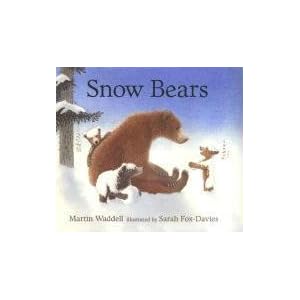I am planning to use Ambleside Online for my homeschooling. They recommend that families use the King James Version of the Bible as their everyday version for purely literary reasons. "It is preferable for a child to become accustomed to the language and flow of the KJV, as a familiarity with King James English will make other literature more accessible." You can find an article about that here: Why the KJV?
I found the article quite convincing on a number of points:
- Familiarity with the language of the KJV will give children a connection to the language of classical literature.
- Changes in the English language have not been for the better. We are losing richness of vocabulary in this increasingly image-based information age. The KJV was translated in a time when language was important.
- The KJV had a huge influence on both the ideas and language of Western literature.
- We who are not afraid to challenge our children with great books should not find the KJV unapproachable.
And yet, I'm not ready to jump in and make the KJV our family Bible version. I think it's important to note that the New Testament was written in Koine (common) Greek, not the more polished and literary Classical Greek. Our considerations (in order of importance) in choosing a Bible translation are that it is:
- faithful to the original text.
- in the language of the people.
Whether it is literary or helps school children make connections to literature may be a consideration, but it is not the primary one for us. We have chosen to use the English Standard Version in our family. (I do think it's important to choose a translation and stick with it through the years so children gain a familiarity with the language of the Bible.)
However, this article did make me consider reading through the KJV with my children at least once during the course of their school years.
What do you think of the argument made in the article?
Quote: Bonhoeffer
I've been reading Letters and Papers from Prison by Dietrich Bonhoeffer (though it's an old edition, not the "greatly enlarged edition" linked to). I thought about this quote for days:
"Something which puzzles me and seems to puzzle many others as well is, how quickly we forget about a night's bombing. Even a few minutes after the all clear, everything we were thinking about while the raid was on seems to vanish into thin air. With Luther a flash of lightning was enough to alter the whole course of his life for years to come. What has happened to this kind of memory to-day? Does it not explain why we sit so lightly to the ties of love and marriage, of friendship and loyalty? Nothing holds us, nothing is firm. Everything is here to-day and gone to-morrow. Goodness, beauty and truth, however, and all great accomplishments need time, permanence and memory, or else they deteriorate. The man who has no urge to do his duty to the past and to shape the future is a man without memory, and there seems to me no way of getting hold of such a person and bringing him to his senses. Every word, even if it impresses him for a moment, goes through one ear and out of the other. What is to be done about him? It is a tremendous pastoral problem this." (p. 69)It strikes me that the problem Bonhoeffer describes is not a new one. It's also described many times in the Bible, particularly the Old Testament. God's people would be rescued one day, and they would be complaining the next.
How do we cultivate this kind of memory in ourselves and our children?

























